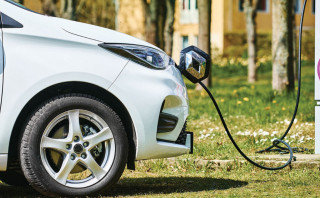Tyres for Electric Vehicles
Electric vehicles are making a bit of noise. Not the decibel kind but the attention-demanding kind. The one that signifies growing interest and growing popularity. They have become a bit of a hot ticket item, in no so small part thanks to Elon Musk and Tesla making them cool. Prior to Tesla, EVs were...well, boring. And about as pretty to look at as an egg carton. And about as streamlined. But that has changed. Now, even the cool kids want one. What’s more - they need special tyres. Or do they?
Let’s take a closer look at it…
Tesla & Unintended Consequences
In the early 1900s, around one-third of all vehicles on the road in the United States were electric. But then two things happened. Firstly, more roads were built between cities. The early EVs were no good for longer trips as Americans looked to explore. Then, in 1908, Henry Ford released the Model T. It came with a gasoline engine and a price tag that suddenly made the motor vehicle affordable to the masses. The EV was dead.
It would take something special to reintroduce the EV to the world and people excited. It would take the Tesla Roadster. Suddenly, EVs started turning petrol heads and proving popular with people who wear leather and confess to loving the smell of gasoline.
The success of Tesla has been significant for the motoring industry. Not only has spurred other manufacturers to develop their own but there’s a raft of changes and implications for component and part manufacturers too. This includes tyres because EVs act differently, exerting unique forces and dynamics on them.
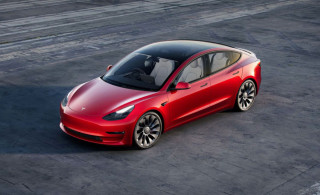
A Torque Issue
Instant or peak torque is something you’ll hear a lot about with EVs. Off the line they are nippy. It’s all relatively straightforward if you stop and think about it. Torque, as being equal to the magnitude of the component of the force vector lying in the plane perpendicular to the axis….and snooze. Let’s not get too involved with science. All we need to know is the power is instantaneous.
And by instantaneous, we mean that the moment you put your foot down, electrical currents are sent racing around all the right places. The result is instant power and the reason you were often surprised by how quickly those old-school milk floats took off. Well, for the first 2 metres or until they reached their top speed of about 20km/h.
So how fast off the line is fast now? The Tesla Model S Performance is the world's fastest production car to go from 0 to 100km/h, which it’ll do in 2.4 seconds. Read that sentence back to yourself. It likely took you longer to read it than the time it takes the Tesla to reach 100km/h. That’s insane.
But what does instant acceleration capabilities mean for your tyres? Unless you’ve selected wisely, they’ll struggle with that instant power and spin. If they don’t have the required grip to handle the acceleration, they could make for a scary and downright dangerous driving experience.
There’s another tyre-related worry too and one that EV owners tend to notice fairly quickly. The weight of EVs and that instant acceleration can equal a really short tyre life. We’re yet to see a good budget option for EVs that doesn't wear quickly. You really do get what you pay for and you need to choose good tyres.
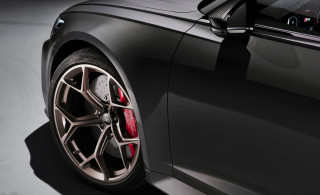
A Range Issue
Bring EVs into the conversation and it won’t take someone long to thumb their nose at them, citing the lack of range as a real issue. They’ll have a point too. Access to charging stations might be a bit of an issue for some, particularly in the centre of smaller cities and towns. This will likely change and there’s always the option to plug in at private residences, cafes, hotels etc. You’ll need to plan ahead and make sure you can find one though. It’s not like you can retrieve that Jerry can from the boot and just wander off up the road in search of a bit of fuel.
This range issue means tyres need to have low rolling resistance. So the tyre manufacturers have to work some magic to reduce friction (but not traction) in an effort to extend the range as far as possible. If you’re worried about the range of your EV then looking at tyres with a lower rolling resistance will certainly help. In Europe, they’ve introduced a labelling system to allow buyers to compare relative levels of rolling resistance. According to Continental, a single label grade change (i.e. from B to C rated) can mean 3 to 4% less range.
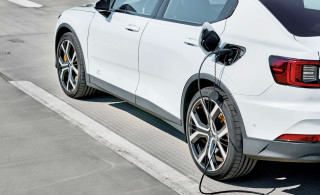
A Noise Issue
You might not notice it when you leave the showroom but there are a few noise-related issues with EVs that need shouting about.
The first is indirect but one you need to be aware of. At low speeds, electric vehicles are pretty much silent. This poses a significant risk to pedestrians, particularly to those who are sight impaired and rely heavily on hearing. Indeed, it’s such an issue the European Union passed legislation last year which requires all new EVs to emit a sound when traveling under 19km/h.
The second issue is acoustic comfort. The reduced noise burden on the ears from the lack of a combustion engine means you can pick out other sounds. The radio is ok. The children in the rear seats asking ‘are we there yet’ is ok-ish. The humdrum of tyres on the road is not. So manufacturers such as Continental have done something special with the tyres to lessen the dB level. With the Continental ContiSilent they just about halve the noise levels. You’ll be able to listen to every glorious round of eye-spy with your children and they can regale with a minute-by-minute detailing of the latest episode of Paw Patrol. Just what you always wanted.
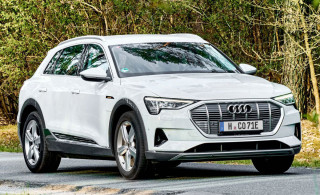
A Pressure Issue
Stop us if you’ve heard this one before… you need keep your tyres inflated to the correct pressure. EV tyres are no different. Yet there is a difference. A good portion of the driving population checks tyre pressure at the petrol station and you might not be calling in at many of them. That said, the EV manufacturers are pretty clever folk and most of them will come with a warning system that will alert you if the tyres need pumping up. It’s arguably because they also know the correct air pressure is vital to get the range they promise, so they want you to keep a close eye on it.
Finally, to answer the question we started with, do you need special tyres for your EV? Technically, no. But you do need tyres that can cope with everything with mentioned, and that is not every tyre. If it’s got good traction and low rolling resistance, runs quietly and has enough weight capacity for your vehicle, then it’s going to do those things on an electric vehicle or an internal combustion vehicle. High quality tyre manufacturers like Continental have been optimising their tyres for these qualities for years before EVs became a mainstream thing, so EVs haven’t changed too much in the tyre world - they’ve just thrown a harsher spotlight on what is and isn’t a good tyre. With Continental however, to reassure anyone looking for a specific marking on the sidewall, they’ll be marking all their tyres as “EV Ready’, so you can see they’re appropriate. Otherwise, ask us or your local TyreHub Approved dealer.
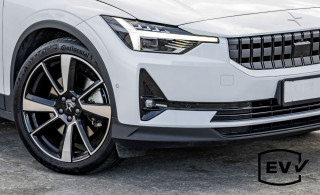
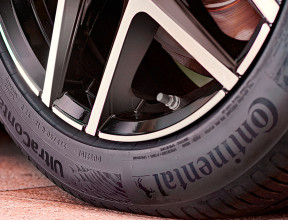
Maximize your electric vehicle's potential with Continental tyres.
More tips and articles
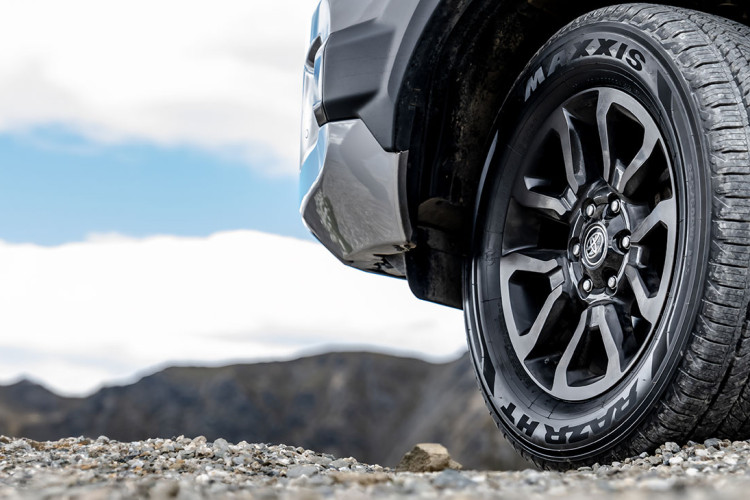
Product Spotlight:
Maxxis HT780 RAZR HT

Understand the link between traction and compaction

